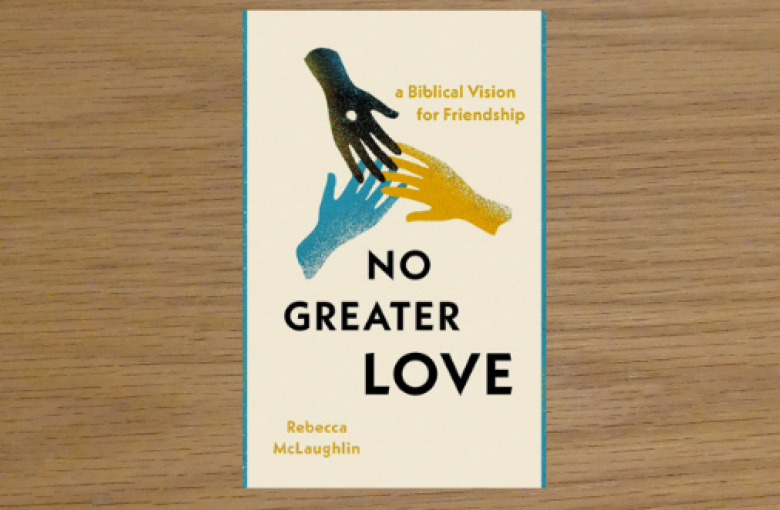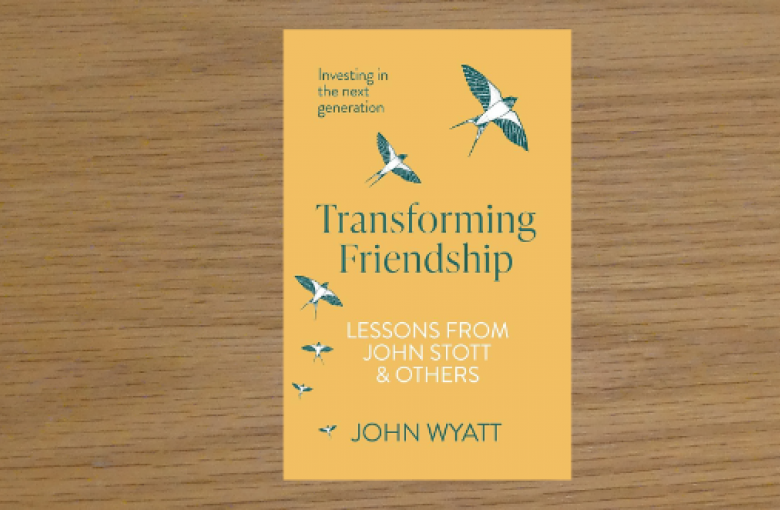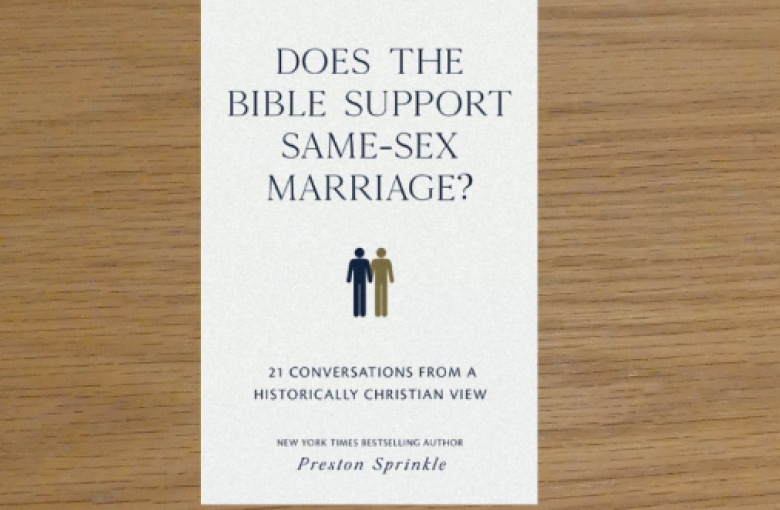I had recently asked my Barnabas group for advice about how to develop friendships with other women in light of same-sex attraction. So, when my group leader asked me to read and review “No Greater Love”, I eagerly agreed, hopeful to gain some clear insights, as well as a deeper theological understanding of friendship. I was not disappointed.
Friendship is a precious relationship. Over the years I have been very grateful for many friends with whom I have shared the up and downs of our lives. I am particularly thankful for those friends with whom I have grown close enough to be able to share my life-journey with same-sex attraction. When I was an undergraduate, the first fellow student I shared that with became a lifelong friend, though we now live hundreds of miles apart.
I have a plaque in my kitchen given by a friend with the quote: “Friendship is like sunshine, it keeps us warm and helps us grow.” Certainly, friendship has been described as many things, from a garden of flowers, to chocolates, to a ship believe it or not! (“There are big ships and small ships but the best ship of them all is friendship” - Anon.)
As someone who neglects reading books, I am so glad that I have read this one. I believe it will be a game-changer in my friendships.
John Wyatt starts with a brief history of friendship and shows us what has happened to it in our generation. We look at the examples of friendship in the Bible and how friendship is lauded in the Book of Proverbs. Clearly, it is an issue that is important to God; amazingly, he invites us to be friends with Him!
During my Curate training, the higher-ups thought it would be a good idea to make me (I use that word deliberately) do a placement in a school. To be fair, it was indeed a good idea. The thinking is that it helps Assistant Curates (assistant ministers) understand the inner workings of Church of England schools. When I wasn’t accidentally giving the wrong answers to Key Stage Two maths questions (that was humbling!), I was observing just how easy it was for the children to make friends. No drama. No angst. Friendship was just so natural for them.
As an only child, I grew up in a small village called Livingston, just outside Edinburgh, with my mum and dad. It wasn’t a Christian home or with any Christian family members. Religion or God was never spoken about unless in the form of blasphemy. Family life was very complicated growing up. My dad was an alcoholic, so he wasn't really around much. I remember the many times he would come home drunk and start shouting abuse, setting fire alarms off early in the morning, windows being smashed and the police coming regularly to our door.
Three years ago, I reviewed Preston Sprinkle’s book "Embodied". At that time, I wrote, “Sprinkle has a rare capacity as an author: on the one hand, to manage to be emotionally warm, personable, people-orientated, empathic and real; and on the other, scientifically rigorous, clear and theologically coherent.”
Much of the narrative rhythm of the Old Testament seems be along the lines of this: God’s people receive His abundant favour; they promise their allegiance to him; but then each time their basest desires trump their love of God. This pattern recurs at Eden, Babel, the Flood, with the Golden Calf, and even in the lives of their judges and kings.
Many same-sex attracted Christians feel that respecting God’s design for marriage means that they have to sacrifice their desire for a same-sex partner. I was challenged recently with the question of whether giving up a sinful relationship really can be counted as a sacrifice. Is it not merely an act of obedience?









